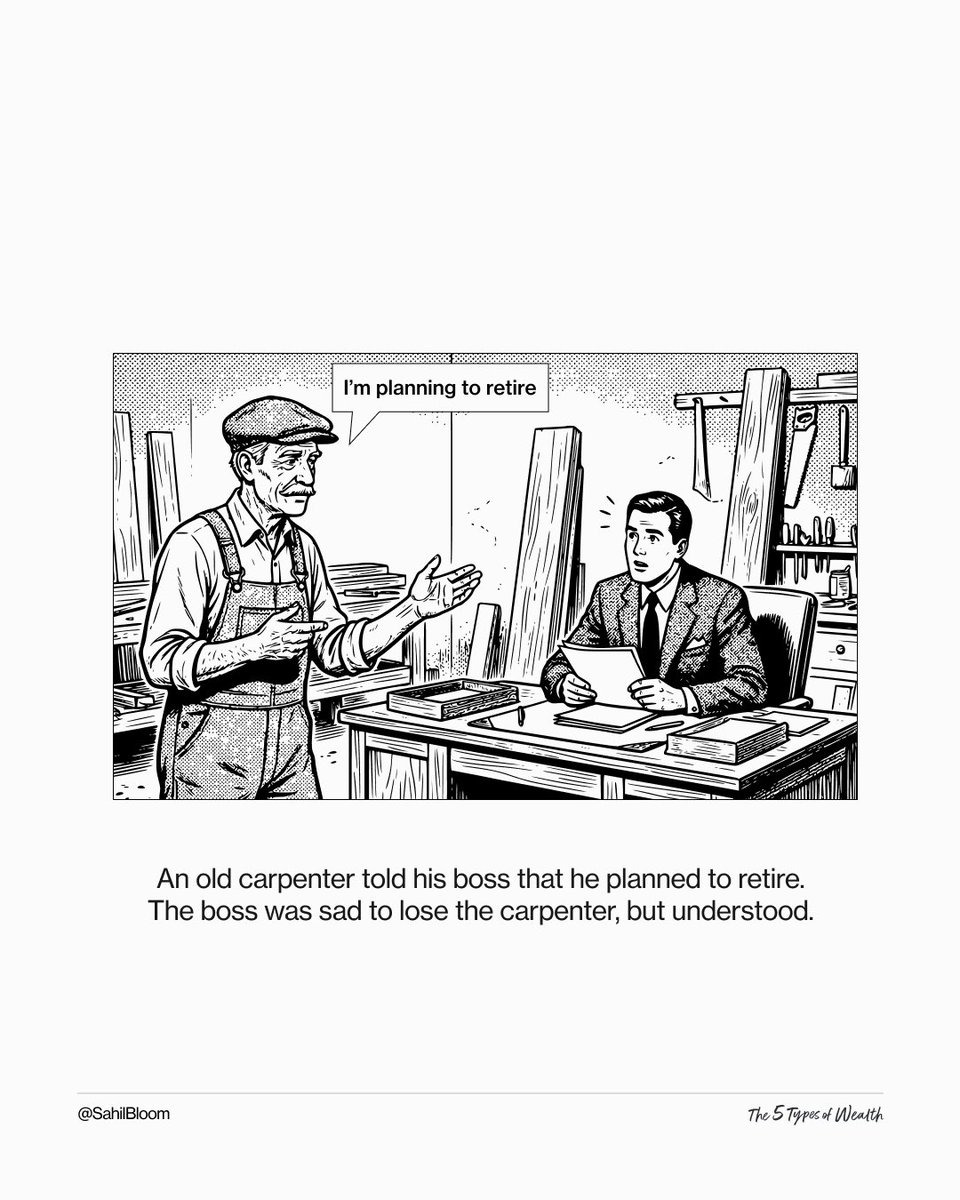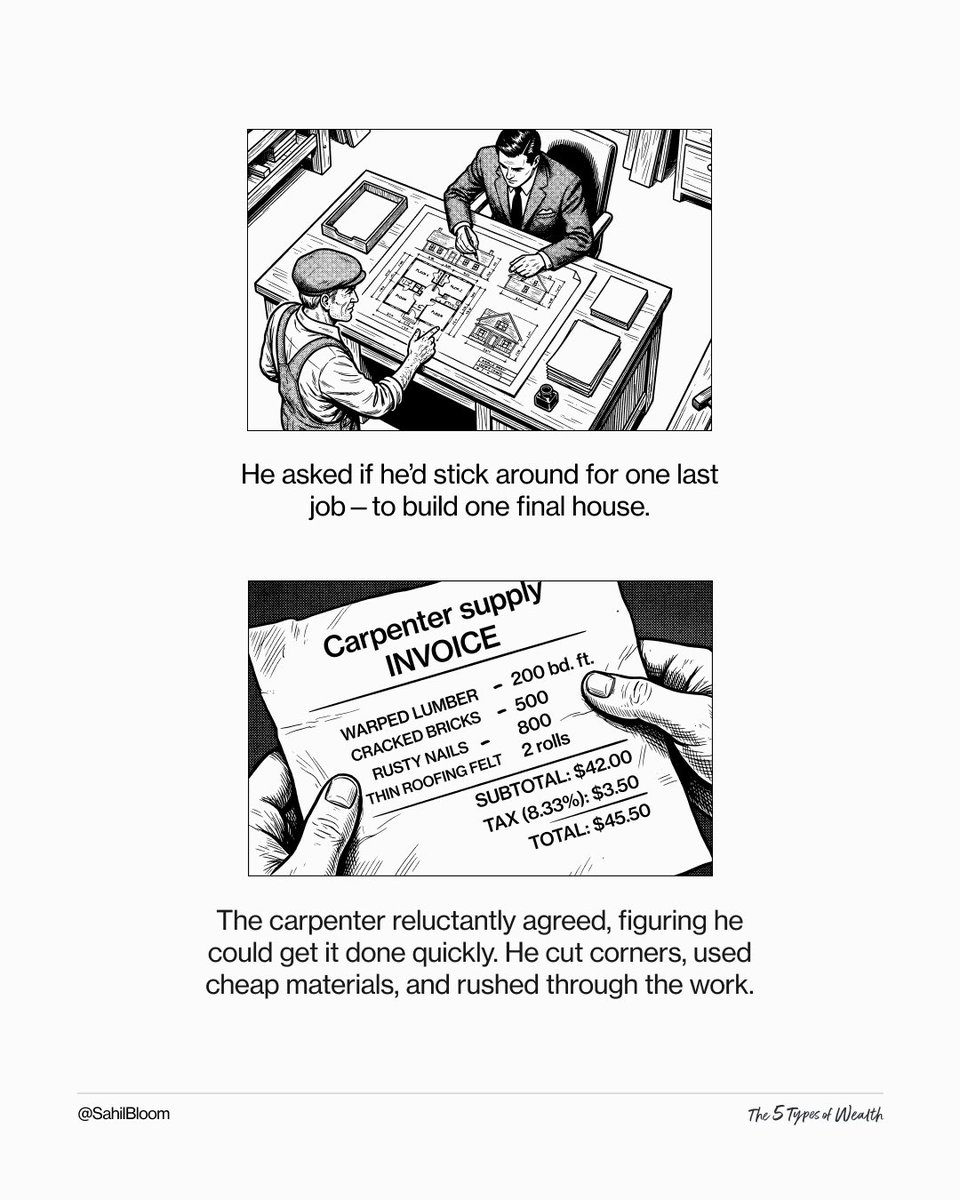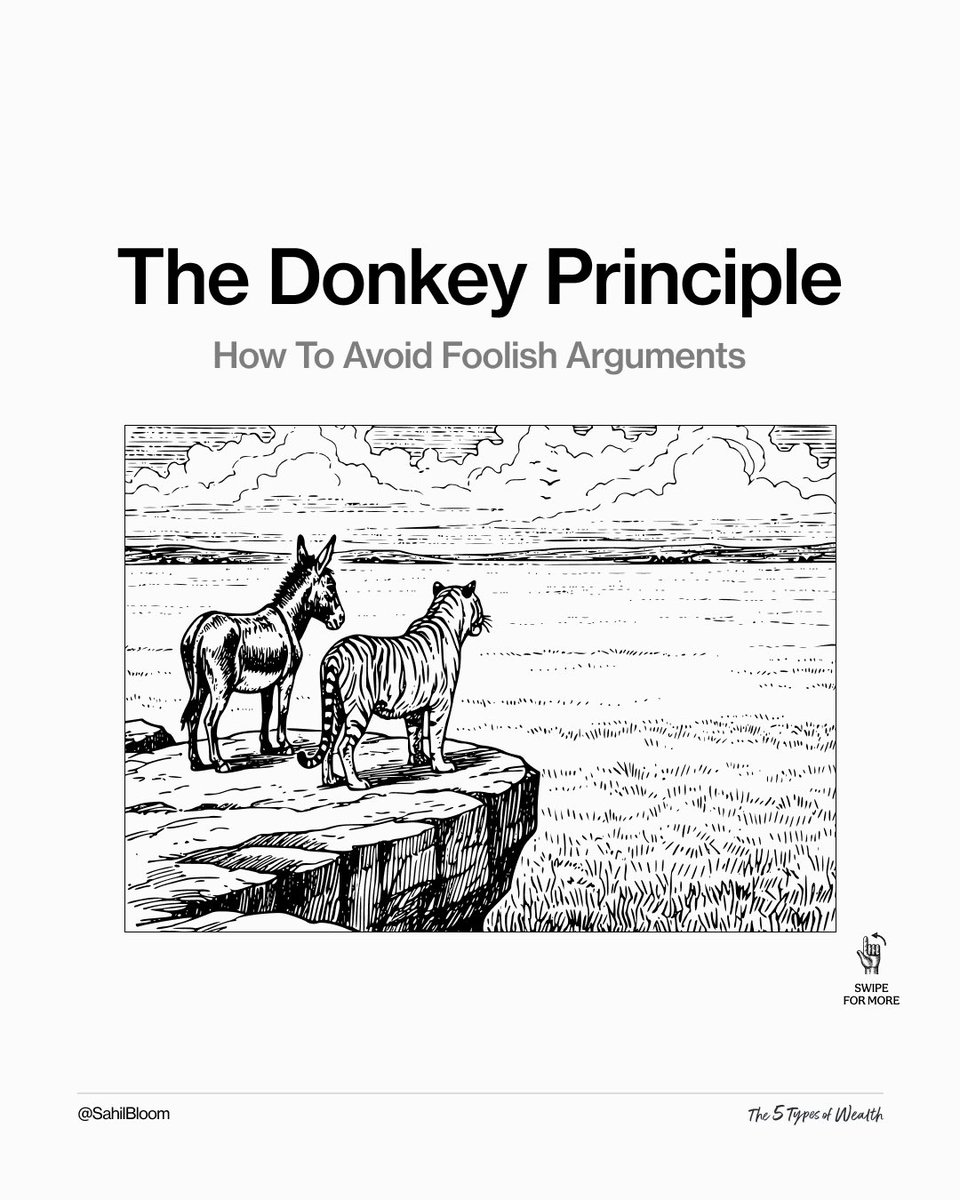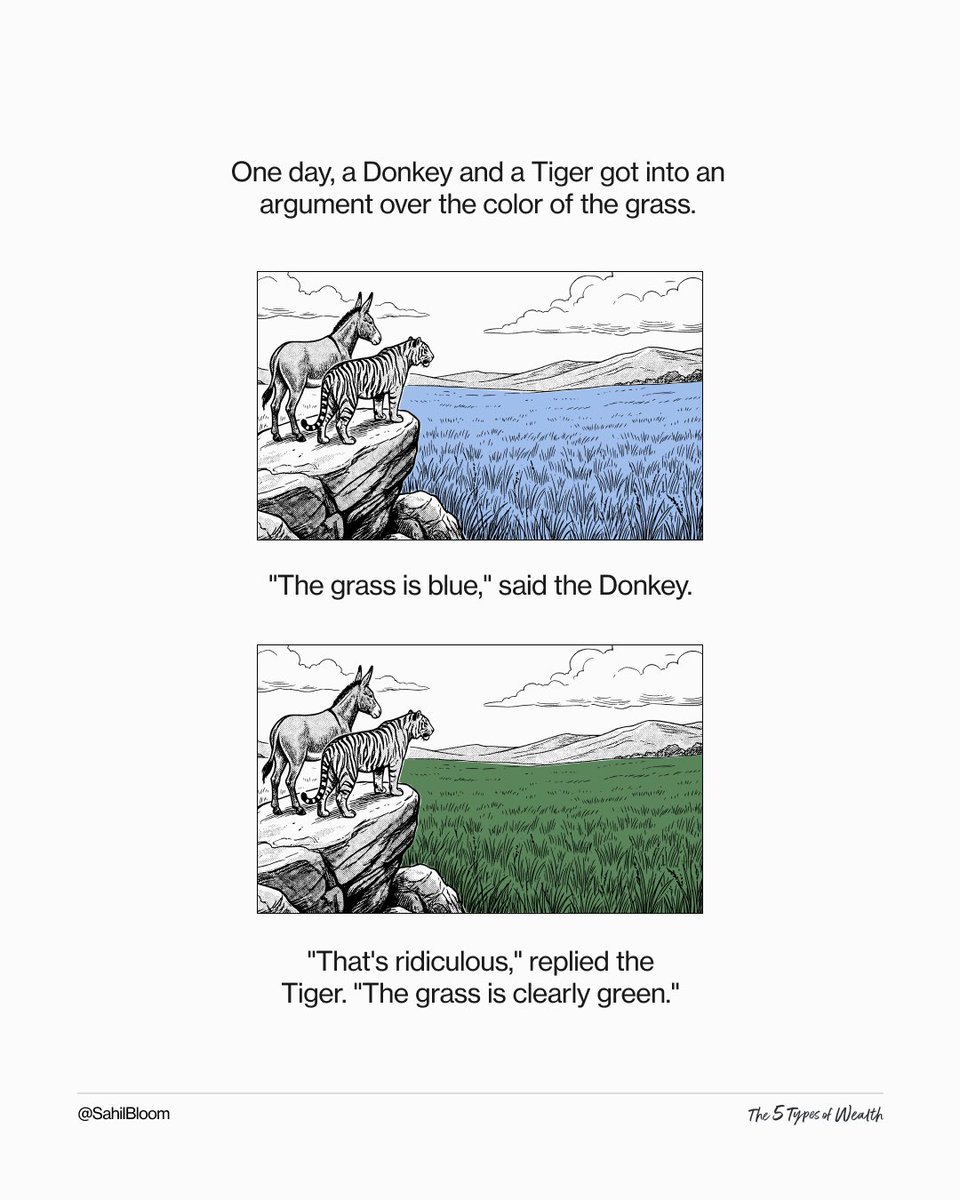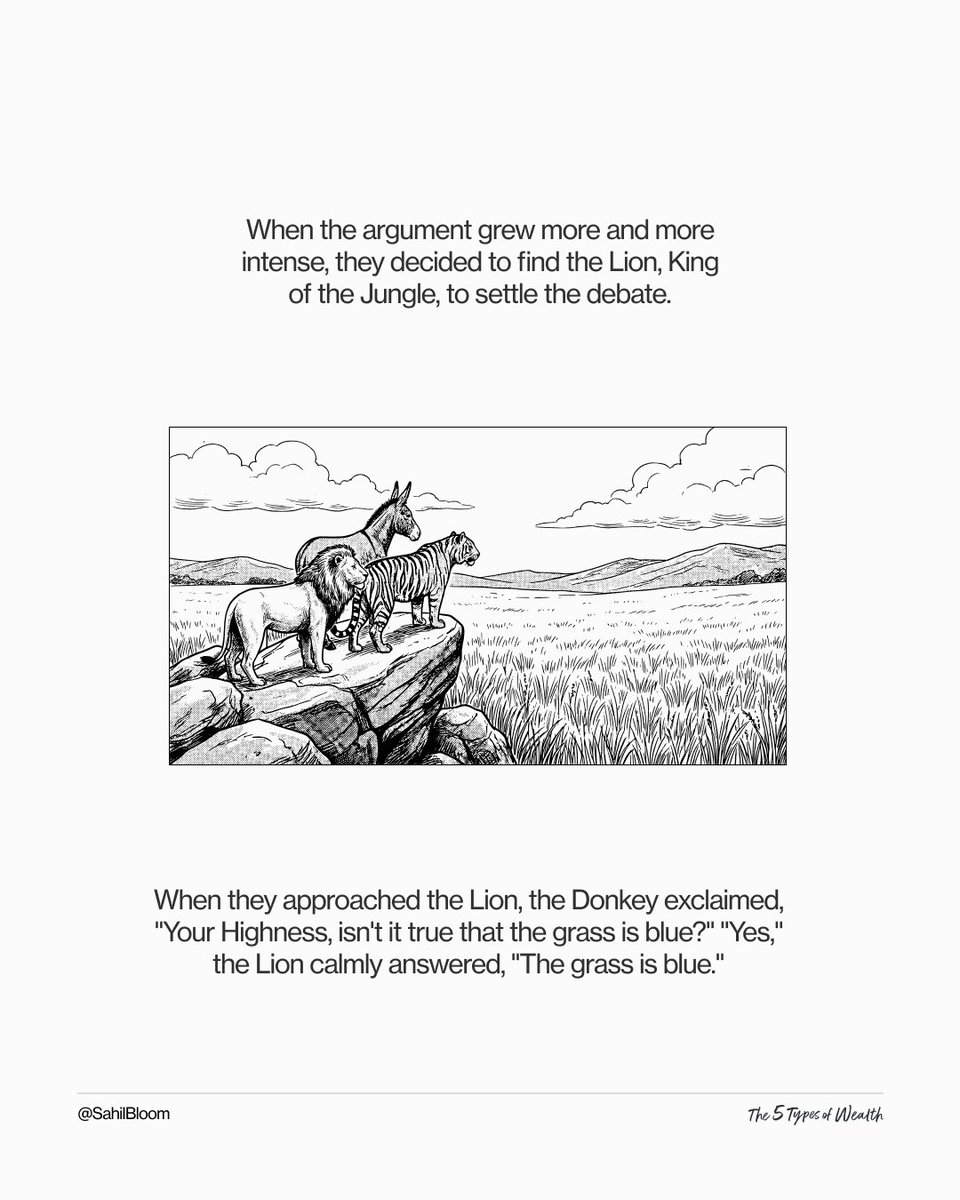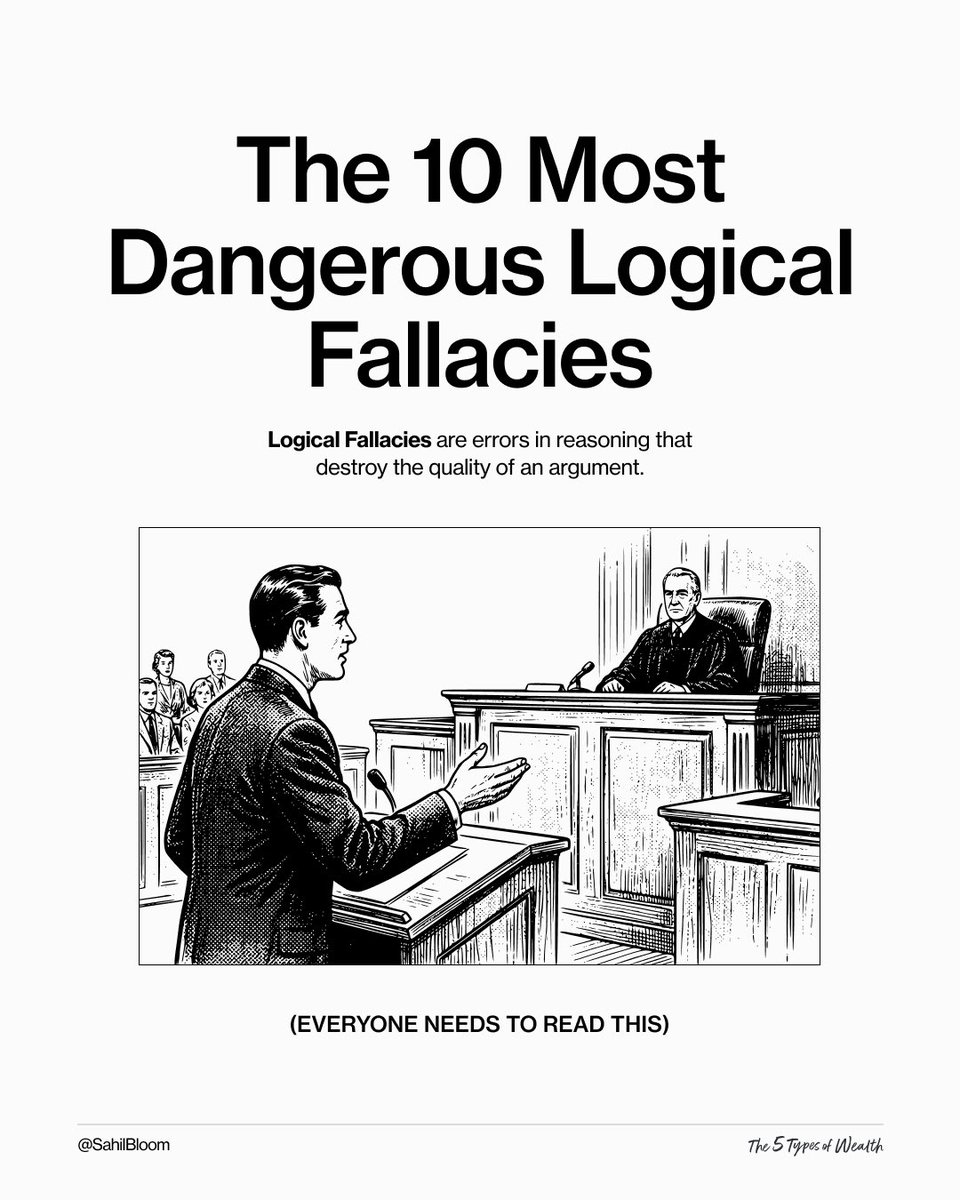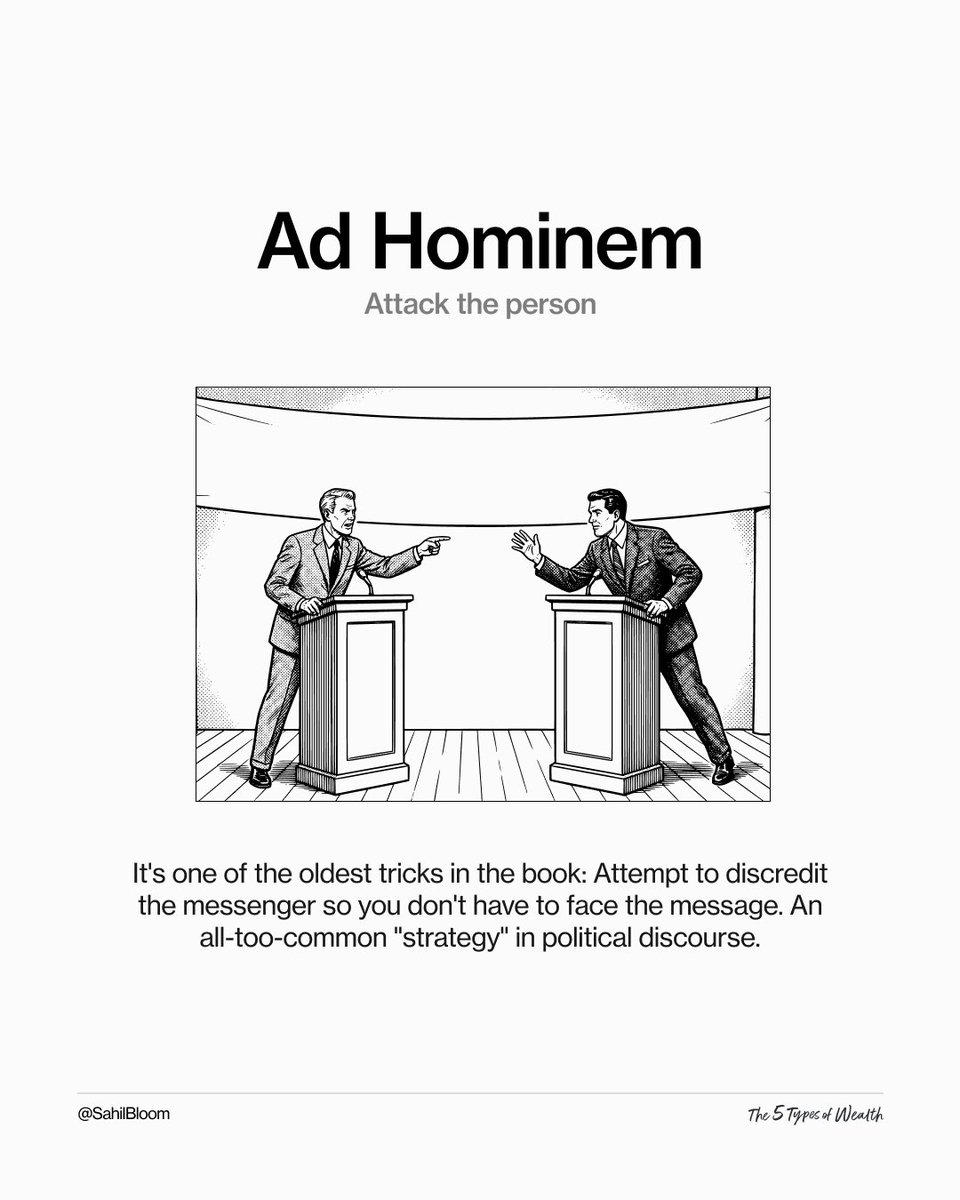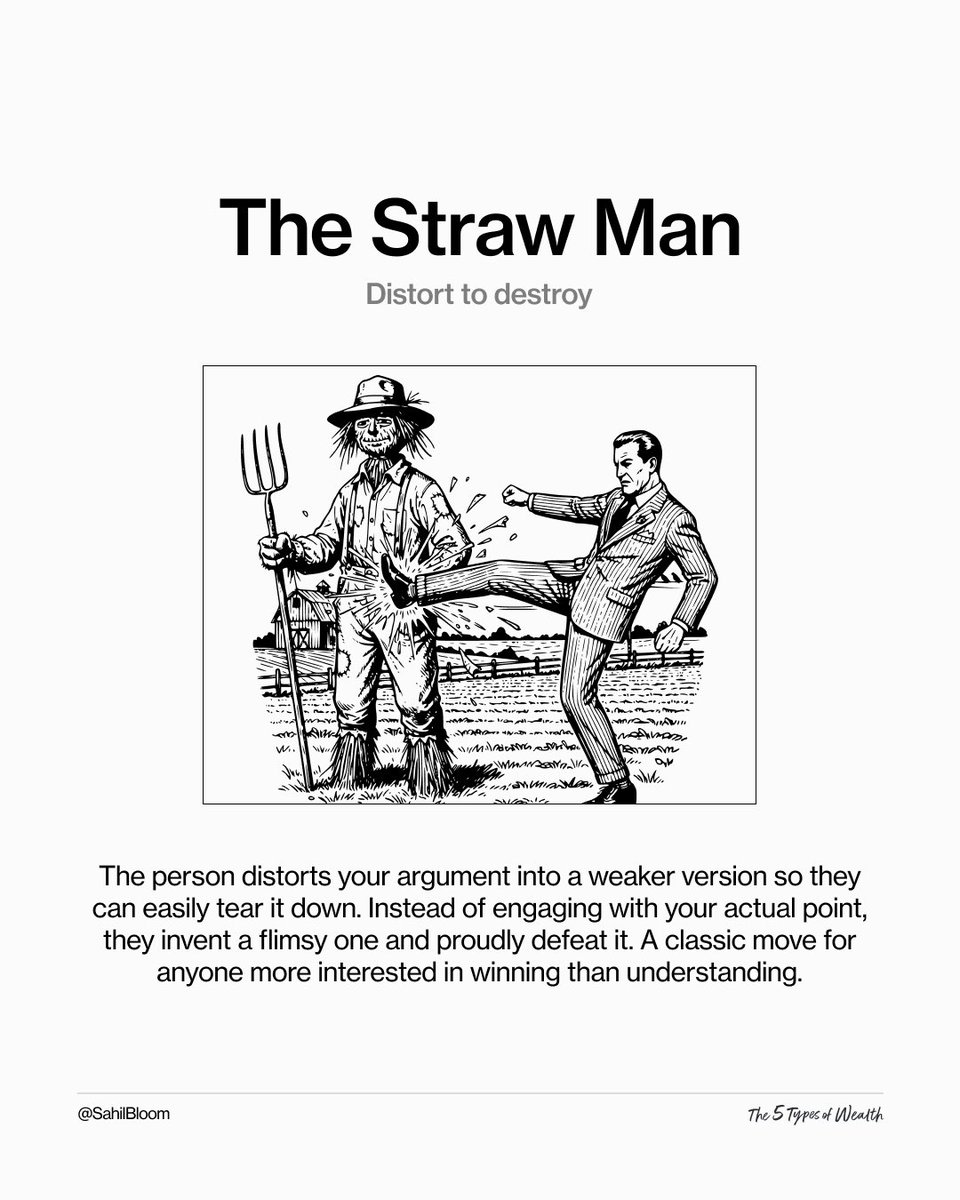The Eisenhower Decision Matrix is a powerful tool for prioritization and time management.
Here's how it works:
Here's how it works:

Dwight Eisenhower was an American military officer and politician.
He was a 5-star general in the United States Army and the first Supreme Commander of NATO.
After his military career, he was elected as the 34th President of the United States, serving from 1953 to 1961.
He was a 5-star general in the United States Army and the first Supreme Commander of NATO.
After his military career, he was elected as the 34th President of the United States, serving from 1953 to 1961.
Eisenhower was known in both his military and civilian careers for his prolific productivity.
His secret?
He didn’t confuse the urgent with the important:
"What is important is seldom urgent and what is urgent is seldom important."
His secret?
He didn’t confuse the urgent with the important:
"What is important is seldom urgent and what is urgent is seldom important."

The Eisenhower Decision Matrix is a 2x2 matrix—a visualization tool that forces you to differentiate between the urgent and the important.
It allows you to prioritize your time accordingly and unlock new productivity and growth.
Let's walk through the basics...
It allows you to prioritize your time accordingly and unlock new productivity and growth.
Let's walk through the basics...

An "urgent" task is one that requires immediate, focused attention to complete.
An "important" task is one that promotes or furthers your long-term values, goals, or principles.
Remember: Tasks can be both urgent and important.
An "important" task is one that promotes or furthers your long-term values, goals, or principles.
Remember: Tasks can be both urgent and important.
The 2x2 Eisenhower Decision Matrix was popularized by @StephenRCovey in his famous 7 Habits of Highly Effective People.
The four quadrants:
(1) Important & Urgent
(2) Important & Not Urgent
(3) Not Important & Urgent
(4) Not Important & Not Urgent
A quick discussion of each…
The four quadrants:
(1) Important & Urgent
(2) Important & Not Urgent
(3) Not Important & Urgent
(4) Not Important & Not Urgent
A quick discussion of each…

Important & Urgent
These are the tasks that are both important and urgent.
They require immediate, focused attention—but also contribute to our long-term vision, goals, or principles.
These are "do now!" tasks.
These are the tasks that are both important and urgent.
They require immediate, focused attention—but also contribute to our long-term vision, goals, or principles.
These are "do now!" tasks.

Important & Not Urgent
These are the tasks that are important to your growth but are not very urgent.
These tasks are your compounders—the tasks that compound long-term value in your life.
This is where you should try to spend most of your time and energy.
These are the tasks that are important to your growth but are not very urgent.
These tasks are your compounders—the tasks that compound long-term value in your life.
This is where you should try to spend most of your time and energy.

Not Important & Urgent
These are the tasks that are not important, but they are urgent and require attention.
These tasks are the "beware" category—the tasks that can drain time and energy without contributing to our end goals.
These are tasks to delegate.
These are the tasks that are not important, but they are urgent and require attention.
These tasks are the "beware" category—the tasks that can drain time and energy without contributing to our end goals.
These are tasks to delegate.

Not Important & Not Urgent
These are the tasks that are neither important nor urgent.
These are the mindless activities like TV and social media that sap our productivity.
Limit your time on these.
(Note: If they help you recharge, they may be "important" for you!)
These are the tasks that are neither important nor urgent.
These are the mindless activities like TV and social media that sap our productivity.
Limit your time on these.
(Note: If they help you recharge, they may be "important" for you!)

The goal?
Spend more time on important tasks that further your long-term values, missions, goals, and principles.
In Eisenhower Decision Matrix terms:
• Manage top-right
• More time in top-left
• Less time in the bottom half
Spend more time on important tasks that further your long-term values, missions, goals, and principles.
In Eisenhower Decision Matrix terms:
• Manage top-right
• More time in top-left
• Less time in the bottom half

To leverage the Eisenhower Decision Matrix in your life, start by identifying what is important to you.
What are your long-term goals? What principles and values do you want to build towards?
Then try planning and executing a week (or day!) of tasks according to the matrix.
What are your long-term goals? What principles and values do you want to build towards?
Then try planning and executing a week (or day!) of tasks according to the matrix.
There are plenty of free online tools to help you leverage the Eisenhower Decision Matrix to structure your productivity practice.
I created my own, but you can find pre-built templates quite easily.
Give it a shot and let me know what you think!
I created my own, but you can find pre-built templates quite easily.
Give it a shot and let me know what you think!
I hope you found this useful. Follow me @SahilBloom for more threads on business, finance, and decision-making.
I write deep-dives on these topics in my newsletter. I’m biased, but I think you should join 44,000+ others and subscribe today. sahilbloom.substack.com
I write deep-dives on these topics in my newsletter. I’m biased, but I think you should join 44,000+ others and subscribe today. sahilbloom.substack.com
If you're interested in further resources on the topic of The Eisenhower Decision Matrix, I recommend the resources below from @JamesClear and @StephenRCovey.
jamesclear.com/eisenhower-box
amazon.com/Habits-Highly-…
jamesclear.com/eisenhower-box
amazon.com/Habits-Highly-…
• • •
Missing some Tweet in this thread? You can try to
force a refresh



